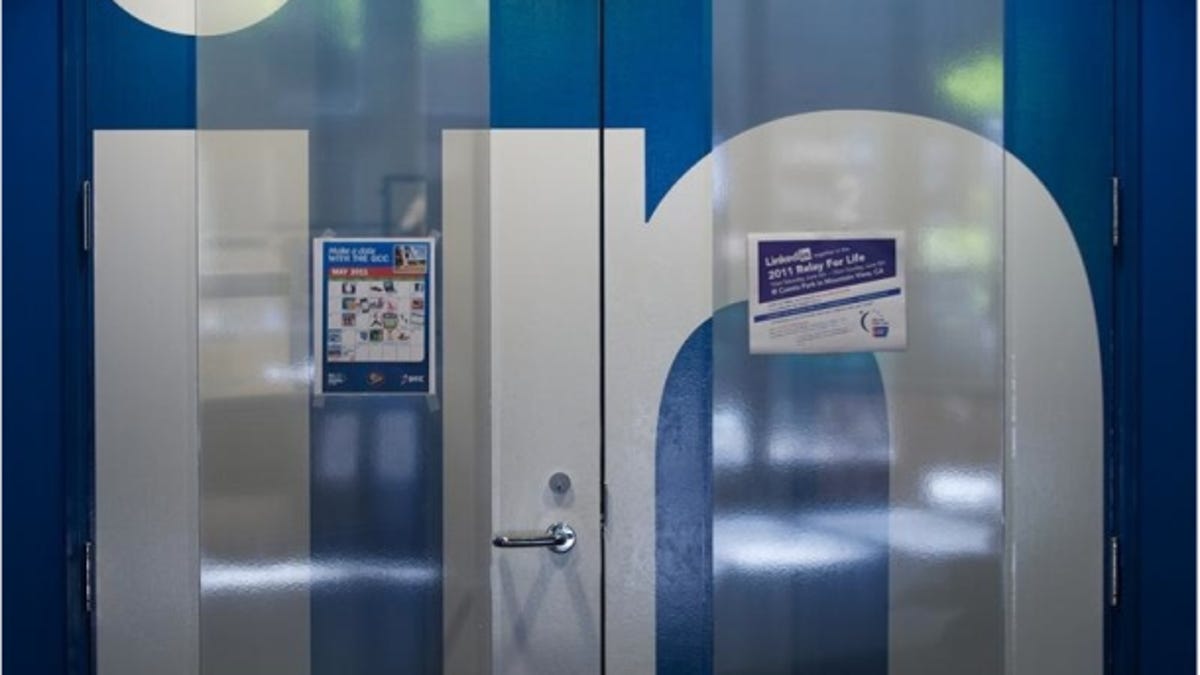LinkedIn users claim company 'hacked' their e-mail accounts
In a class action lawsuit, a handful of the social network's members say their personal e-mail accounts were breached so the company could send marketing information to their contacts.

LinkedIn is being accused of hacking into its members' e-mail accounts. In a new class action lawsuit, plaintiffs allege that the professional social network broke into their external e-mail accounts, accessed their address books, and then sent marketing information to their contacts.
LinkedIn has been "appropriating the names, photographs, likenesses, and identities of Plaintiffs to advertise its products and services for a commercial purpose without Plaintiffs' consent, for unfair and deceptive business practices," the complaint (PDF) reads. "LinkedIn provides no functional way to stop multiple subsequent advertising emails from being sent."
When contacted by CNET, a LinkedIn spokesperson said a blog post by the company's senior director of litigation Blake Lawit was the company's official response to the allegations. Lawit wrote that the plaintiffs' claims are "without merit" and "not true." He said that LinkedIn does not access users' e-mail accounts or send invitations to join the social network without users' explicit permission.
LinkedIn has more than 200 million members across more than 200 countries and territories around the world, accounting for 19 languages. While these numbers are high, the lawsuit complaint claims that LinkedIn is continually looking for more users.
"As a part of its effort to acquire new users, LinkedIn sends multiple emails endorsing its products, services, and brand to potential new users," the complaint reads. "LinkedIn's sending of multiple emails to each address that it has harvested is driven by monetary gain."
The complaint says that LinkedIn will go to great lengths to get new members, including "hacking" into existing users' e-mail accounts.
"When users sign up for LinkedIn they are required to provide an external email address as their username and to setup a new password for their LinkedIn account. LinkedIn uses this information to hack into the user's external email account and extract email addresses," the complaint reads. "LinkedIn is able to download these addresses without requesting the password for the external email accounts or obtaining user' consent."
The complaint lists several comments posted on LinkedIn's Web site that say the social network contacted people users no longer wanted to have communication with, such as old employers, acquaintances, and ex-girlfriends and ex-boyfriends.
"Since I use Gmail from day 1 LinkedIn harasses people in my name I was acquainted to a hundred years ago, which causes very unwanted, painful and embarrassing situations," wrote Ron Hol in March 2013.
LinkedIn maintains that it respects users' privacy and only reaches out to people it has permission to contact.
"We do give you the choice to share your email contacts, so you can connect on LinkedIn with other professionals that you know and trust. We will continue to do everything we can to make our communications about how to do this as clear as possible," Lawit wrote. "As we've said before, our core value at LinkedIn is Members First. This guides all the decisions that we make when it comes to our members, including how we communicate with them and how we use their data."
The lawsuit was filed in US district court in San Jose, Calif., on Tuesday. The plaintiffs seek unspecified damages and have asked a judge to order LinkedIn to stop its alleged violations and return any money it may have received from sending marketing information to users' contacts.
(Via Bloomberg)

